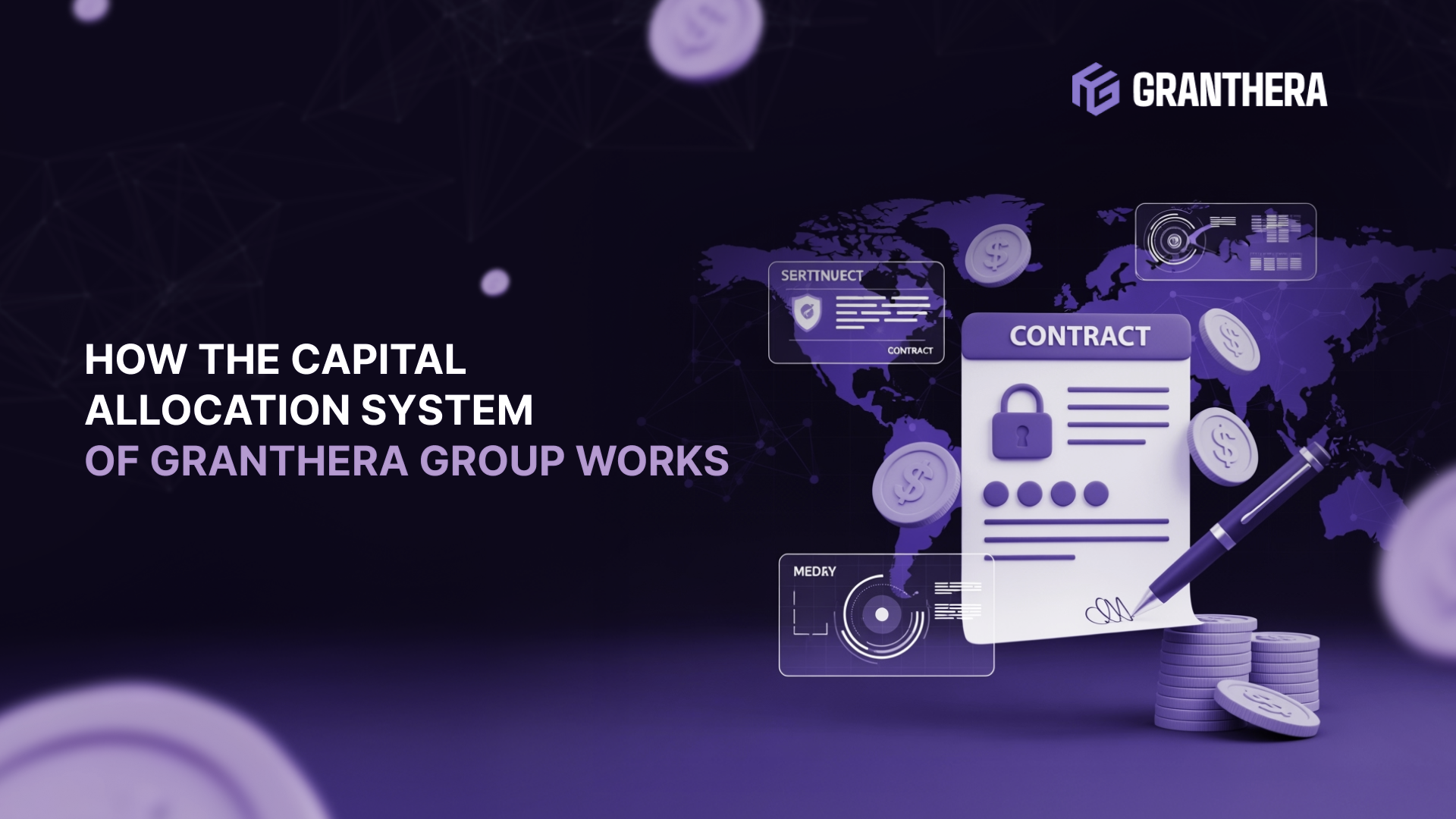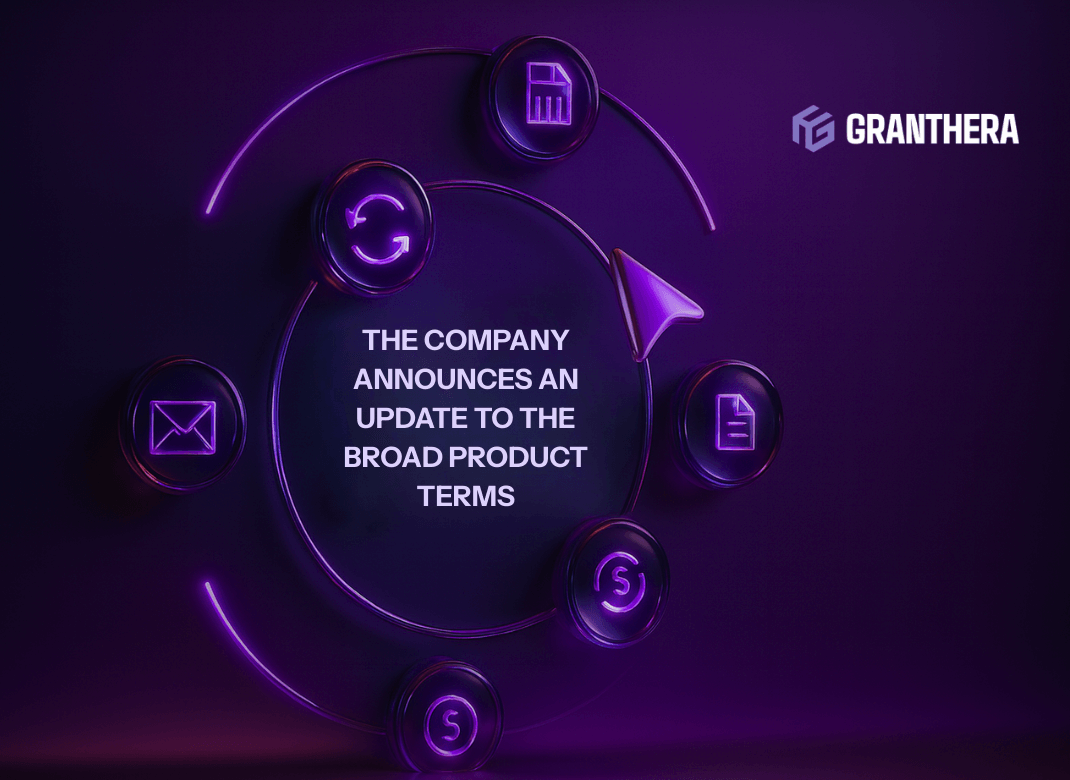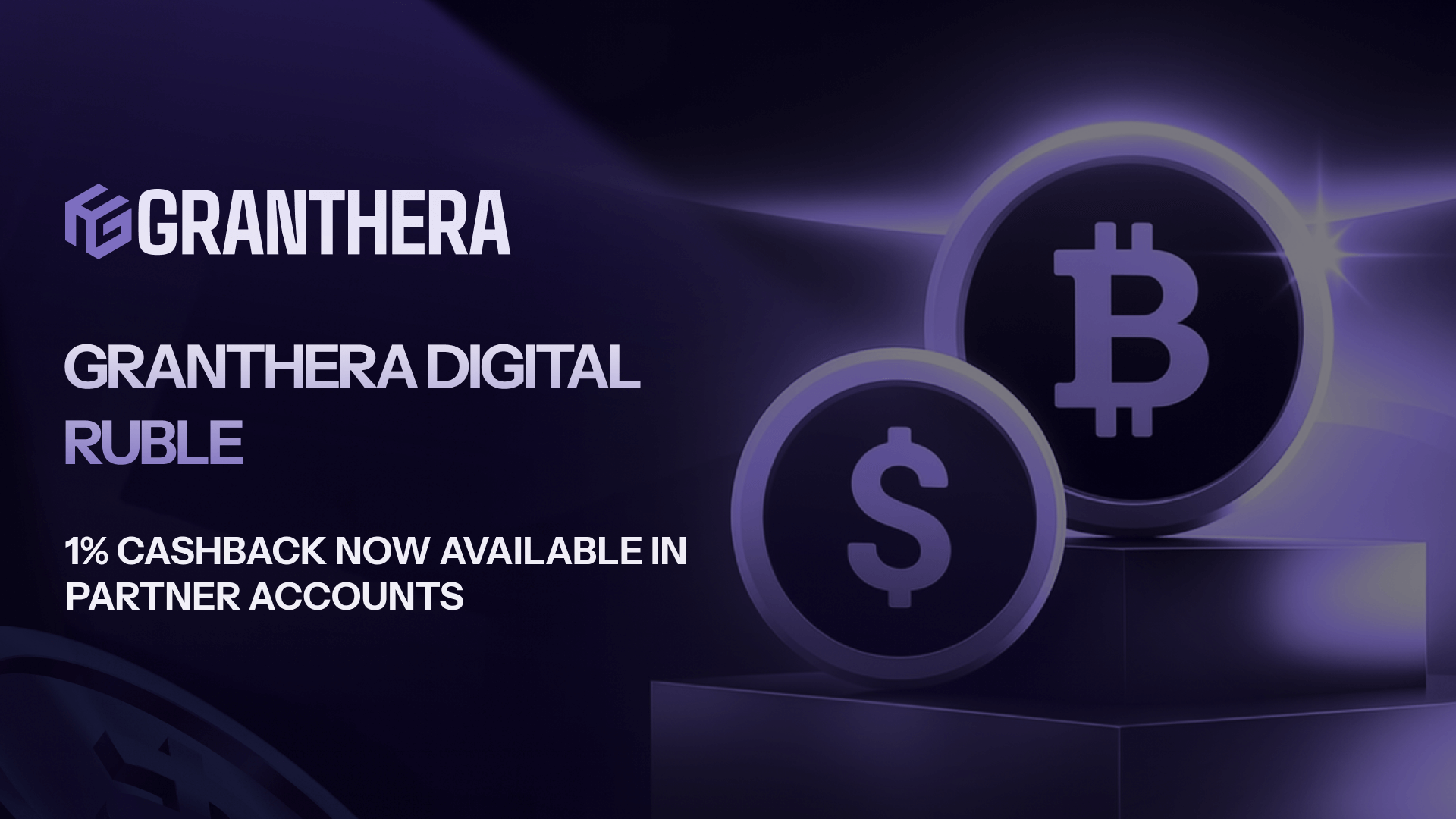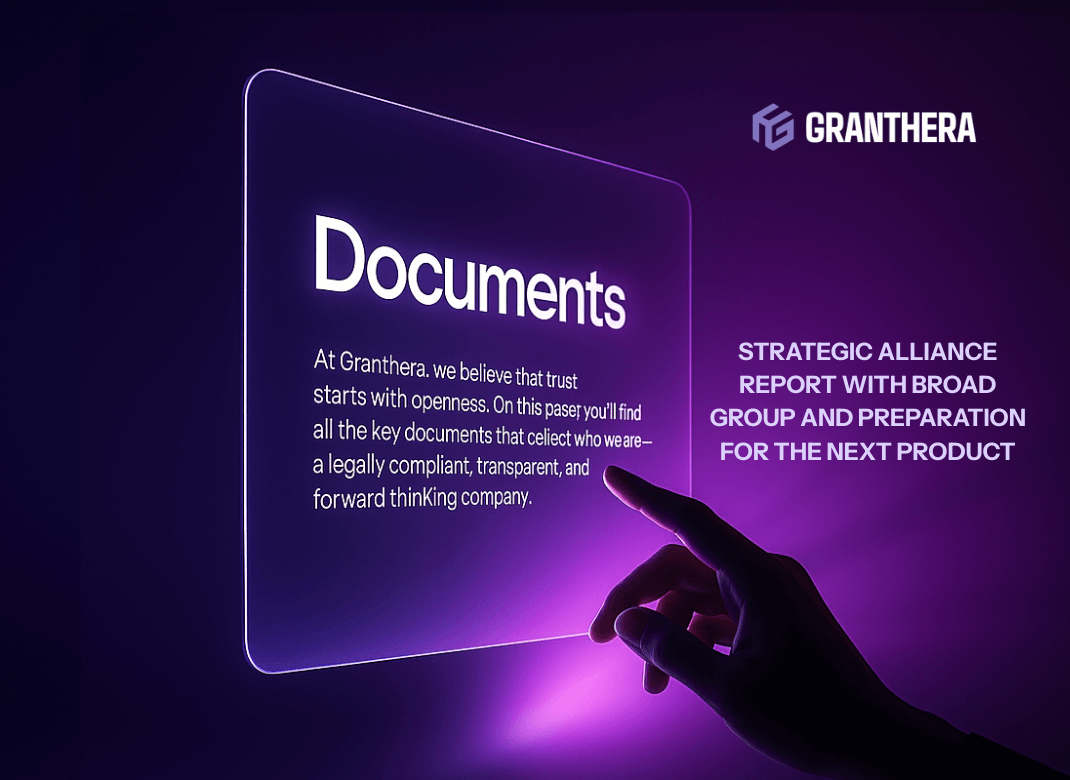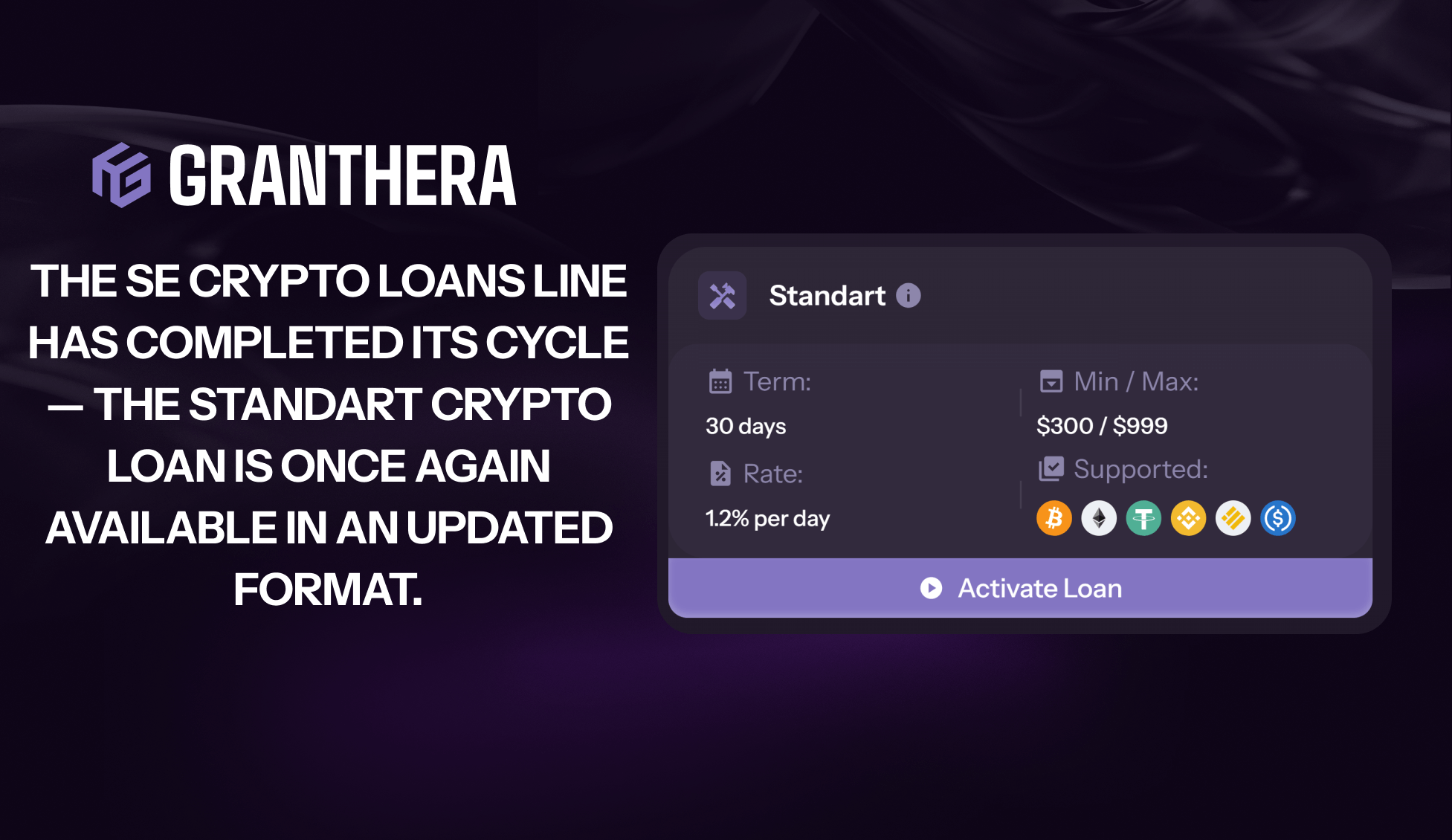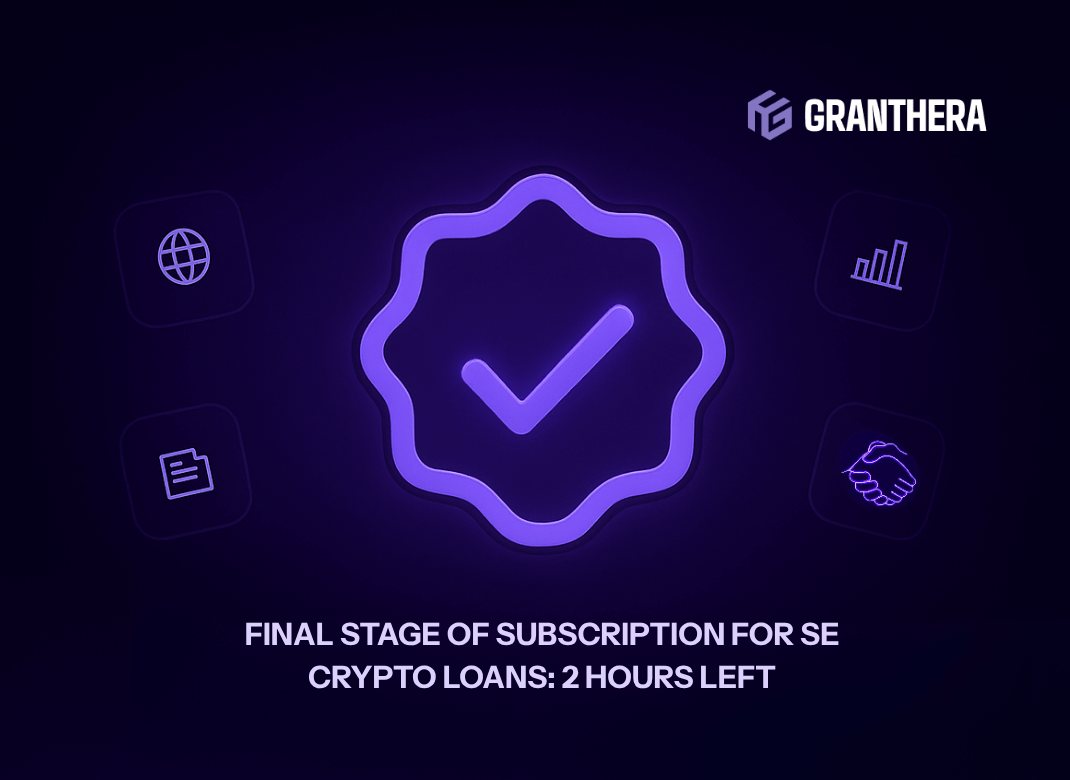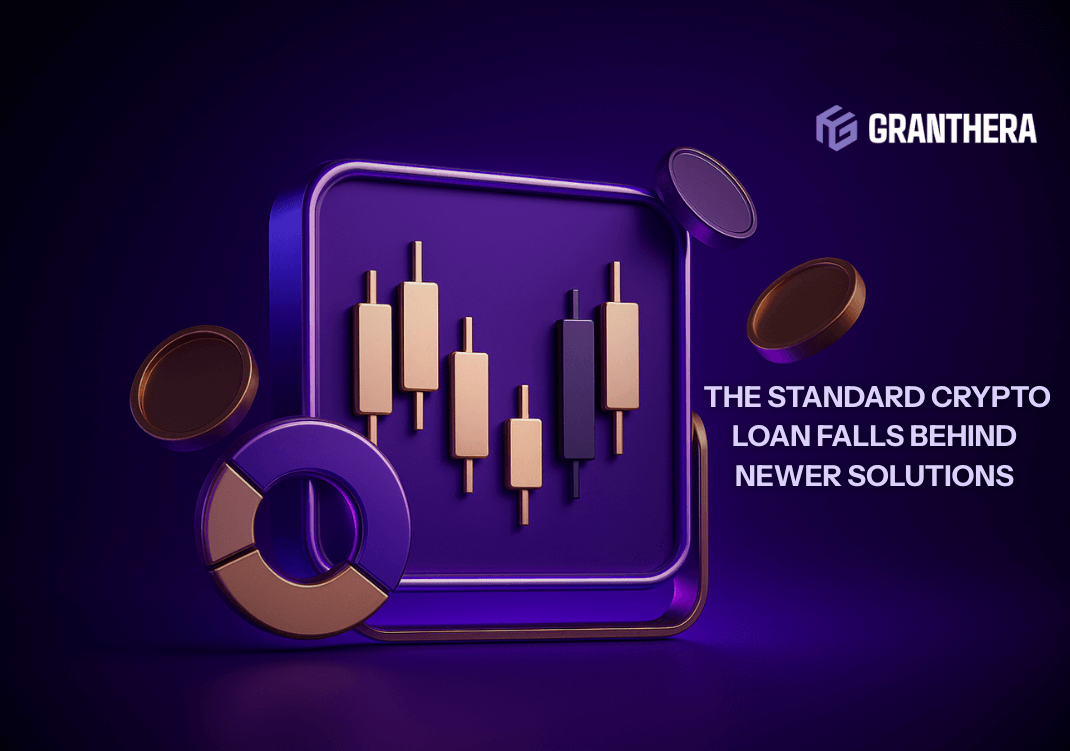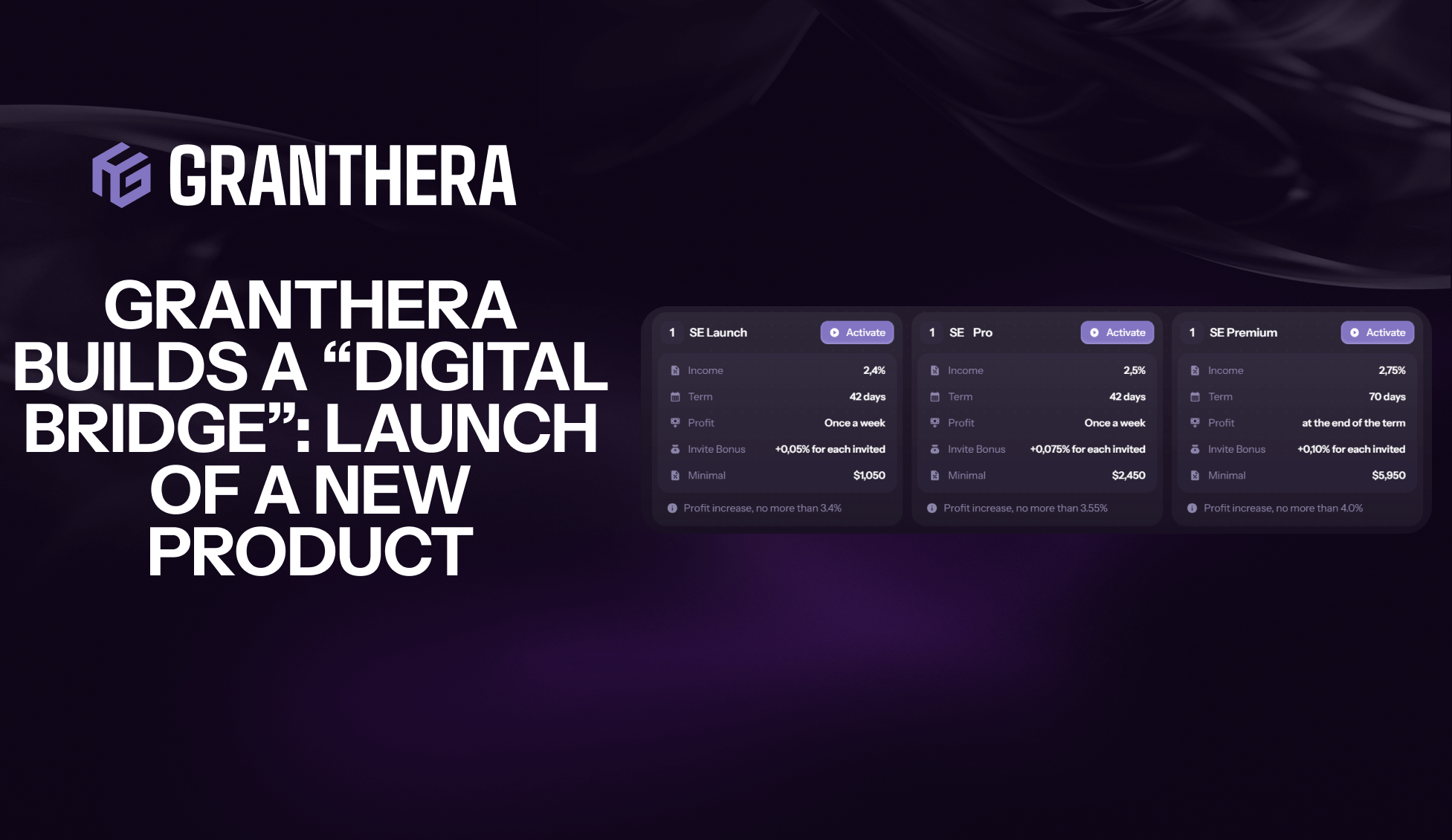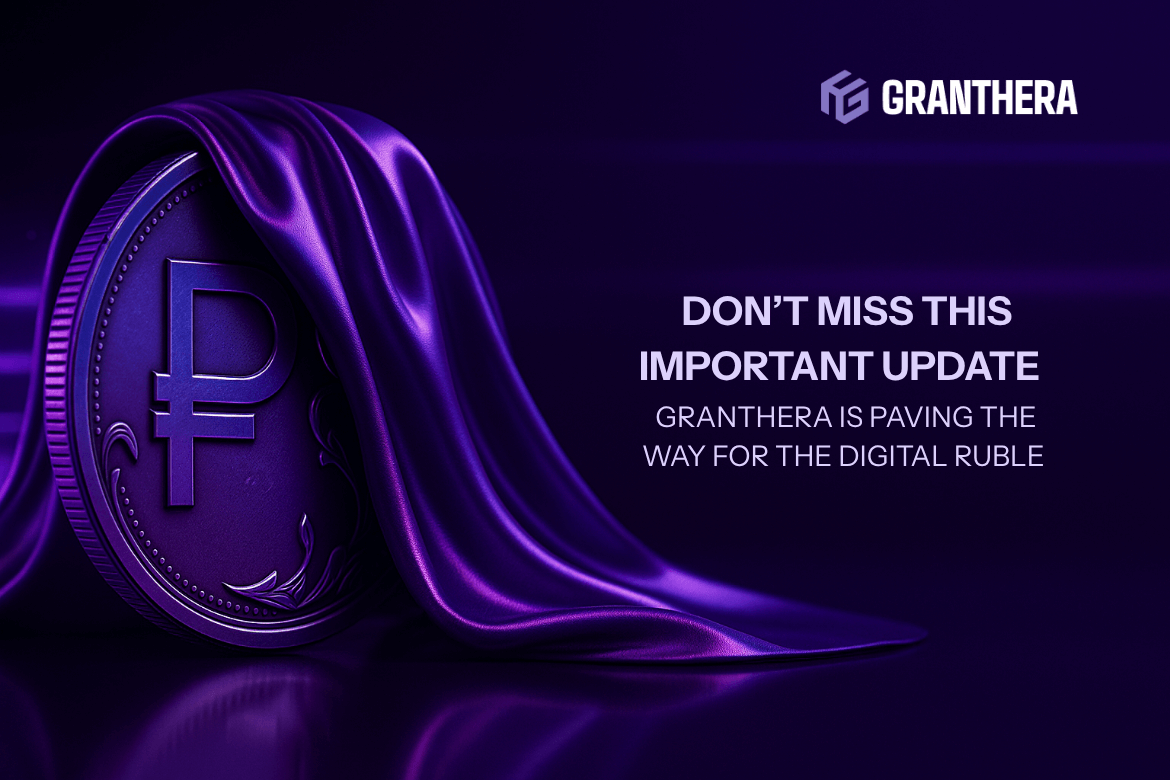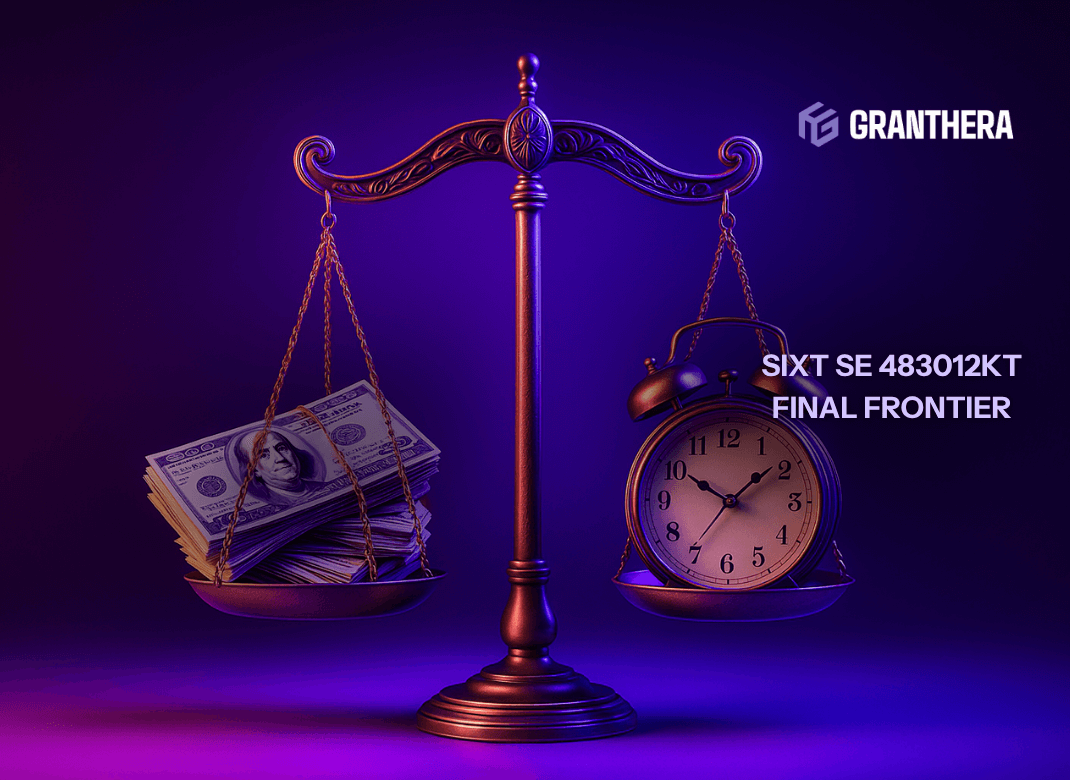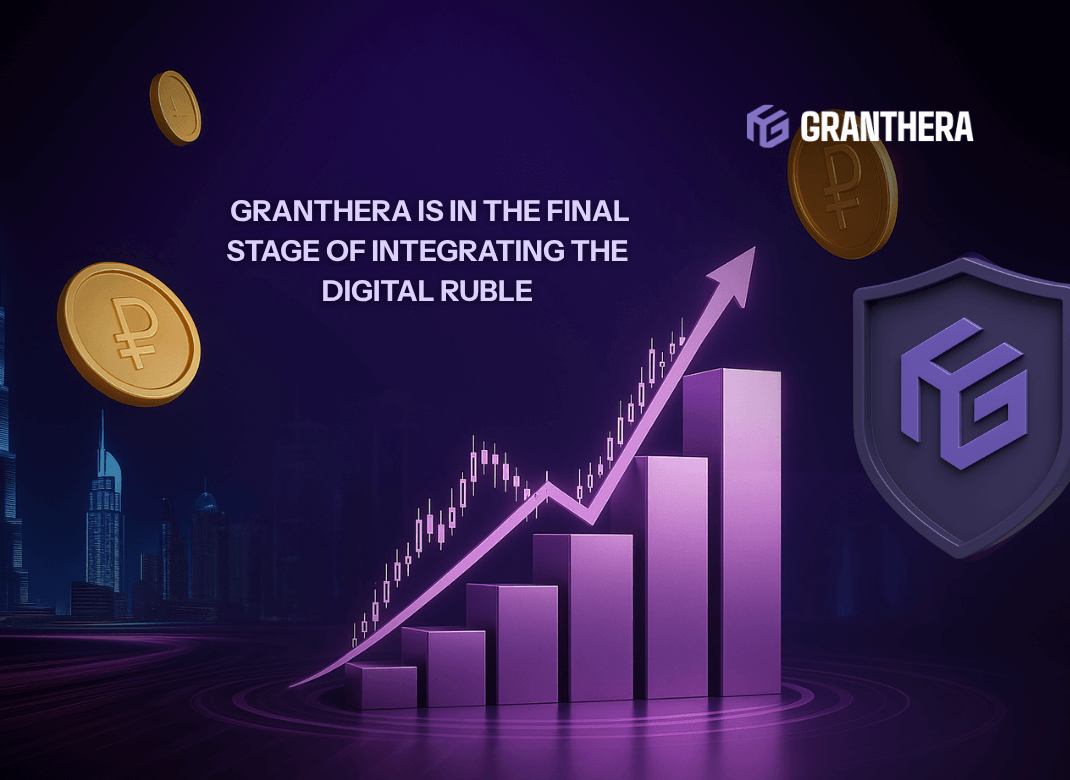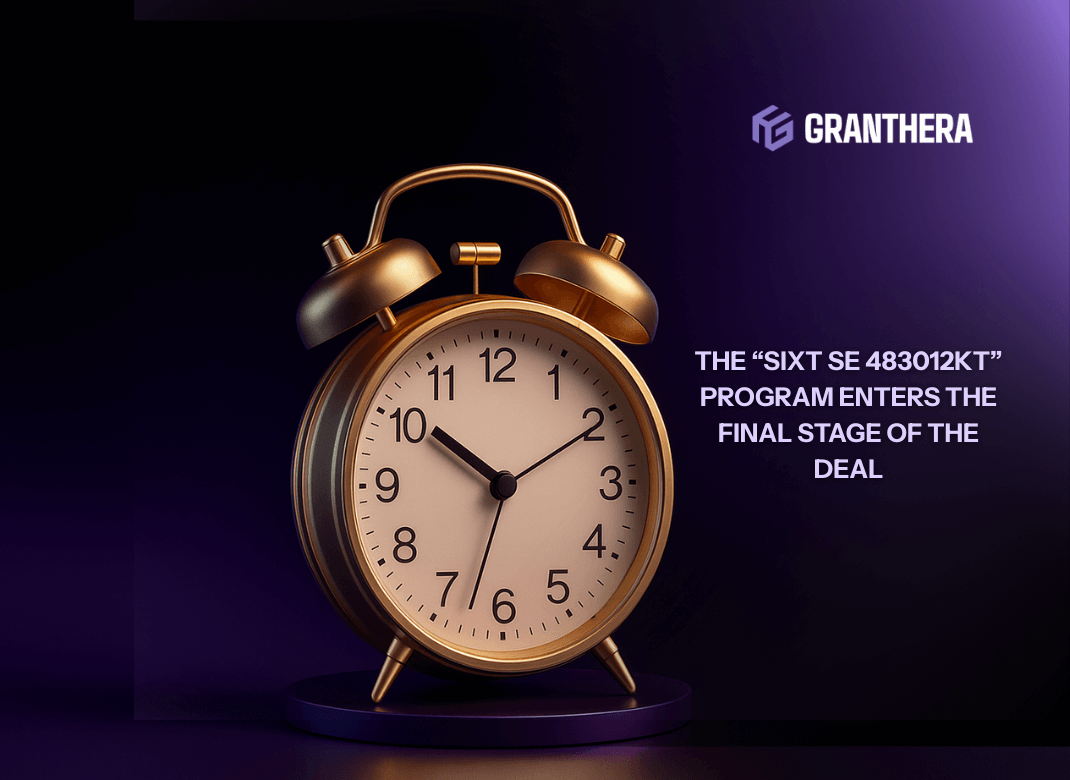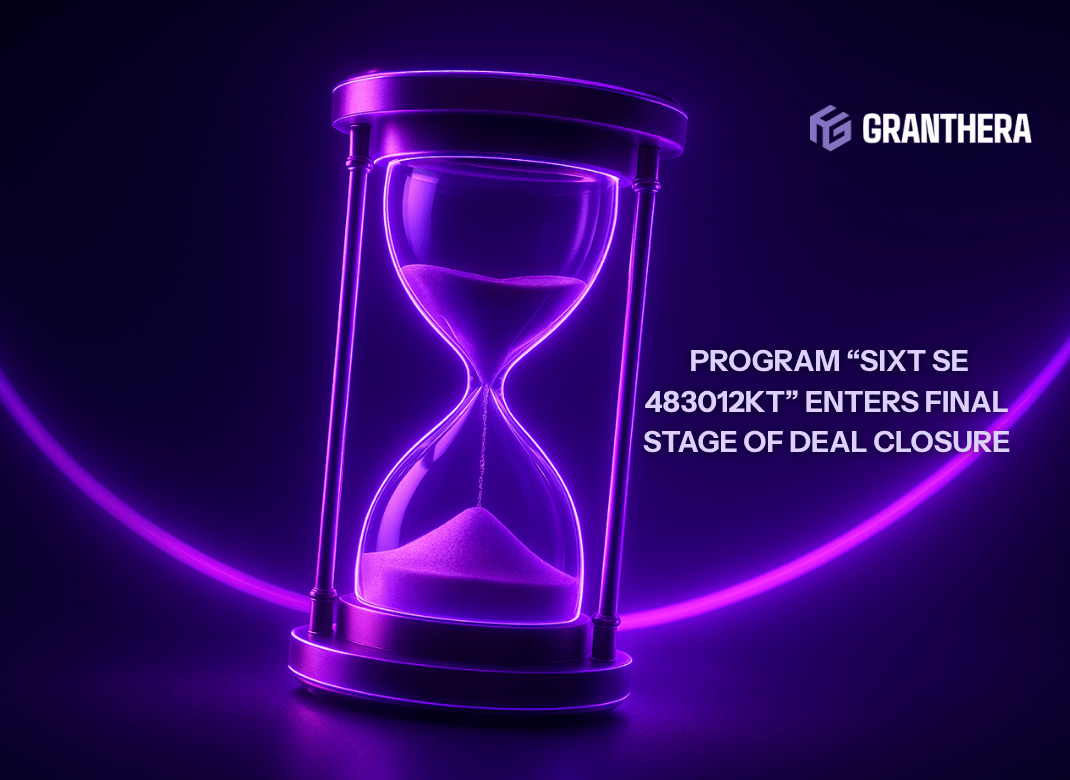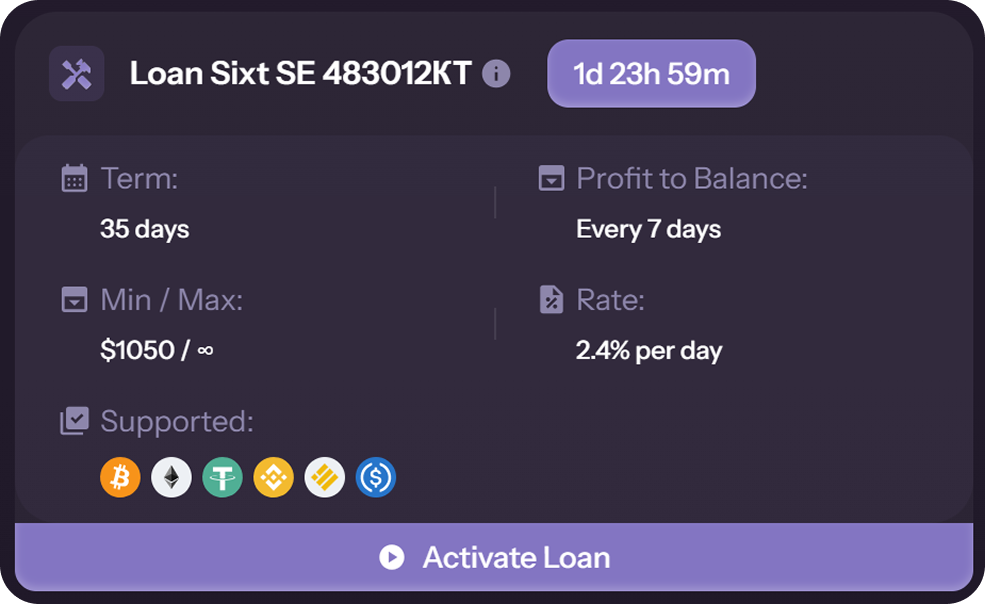The financial industry is rapidly moving away from manual management and trust-based agreements toward processes that can be verified, recorded, and automated. One of the key tools driving this transformation is smart contracts — programmable algorithms that automatically execute the terms of an agreement when predefined conditions are met.
Today, smart contracts are used across a wide range of sectors — from insurance to international logistics. But their impact is especially significant in the management of digital assets and investments.
What makes smart contracts powerful?
— Automation: terms are set once and executed without intermediaries
— Immutability: once deployed, the code cannot be altered or rolled back
— Transparency: all actions are recorded on the blockchain and are publicly verifiable
This opens new horizons in asset management:
— Eliminates errors and "human factor" interference
— Investors can verify any transaction in real time
— Parties operate in a transparent environment where trust is replaced by mathematics.
But most importantly — it changes the very model of trust. Whereas it used to be built on reputation, it is now based on technology.



